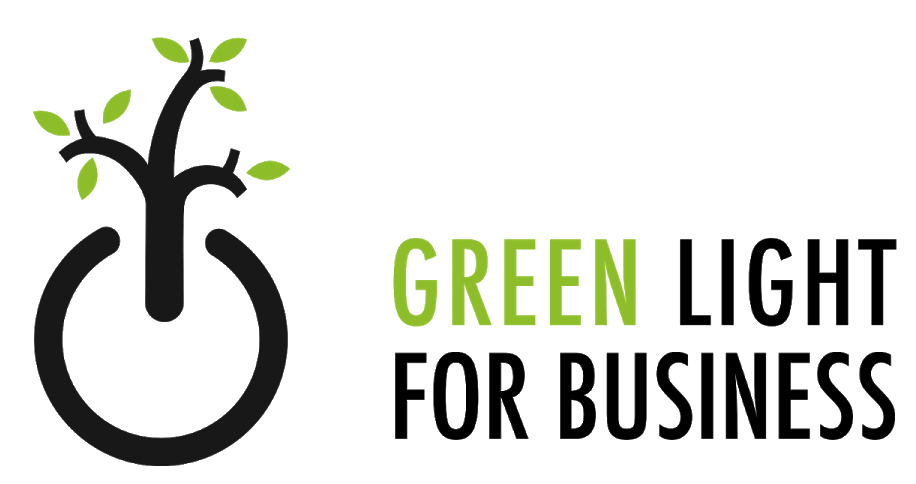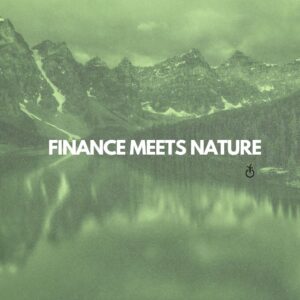For years the idea of economic growth has been predicated on the massive use of whatever resources were available to man without thinking that these are finite and will therefore be exhausted in the future.
Today we live in a society whose view is to consume more and more, but on the other hand with the consciousness that continuing as so, the resources of our planet will run out giving rise to an irreversible economic, social and ecological catastrophe.
So a question comes out, is a real change of route, a recession necessary, or is it possible to achieve a radical change by introducing some kind of sustainable economy?
The first way to reach this goal is to replace the “theory of value” used by humans every day. Instead of giving a price to things based on what and how many resources were used to produce that product, assign a value based on how much it does or does not benefit the planet.
In particular, the concept of dematerialization needs to be introduced: no longer giving importance to quantity, but to quality, that is, who can produce with less, at low consumption of resources, changing exactly the preferences of consumers.
This would result in lower attention given to abundance, but also a new point of view in firms’ competition that would be based on the continuous search for new theories and processes to be more sustainable, and so more appreciated by the customers.
On the other hand, talking about sustainable economic growth is not only a matter from an economic point of view. To deal with this innovative perspective, a change in the mentality of people is needed. Human beings need to become more conscious about what are the consequences of uncontrolled economic growth.
It is fundamental to scale back the concept of well-being, replacing some measures, such as GDP, that favor the idea that growth and happiness are directly proportional.
Although many theories have been analyzed and studied in favor of sustainable economic growth, today still seems far from being realized.
Many companies strive to stay within the parameters of climate sustainability, using recycled materials, and other green activities but they are still missing the underlying concept.
On the other hand, people’s mindset is still closely rooted in consumerism, there is not that strong thought of changing the point of view for quality of life analysis.




